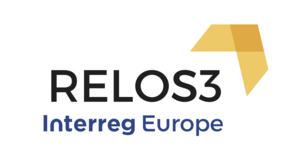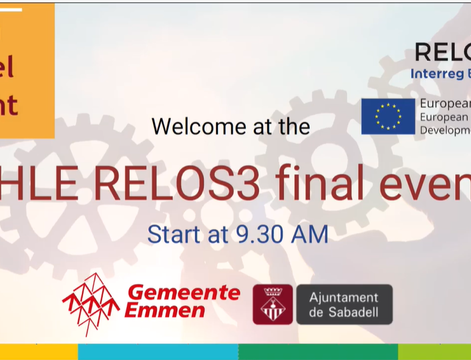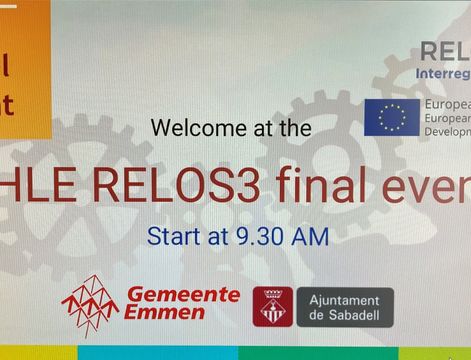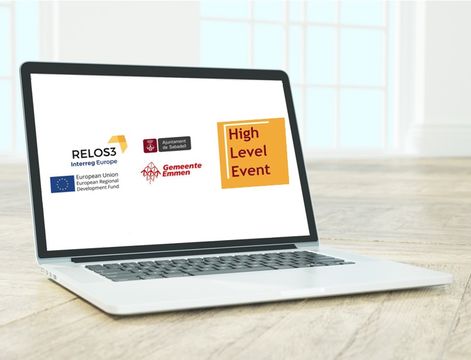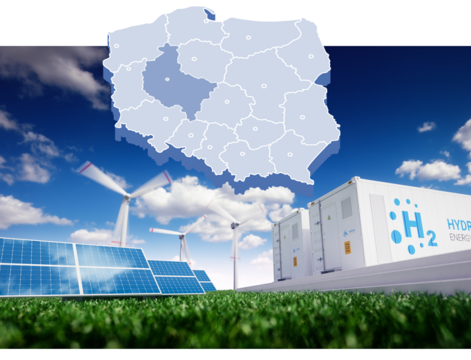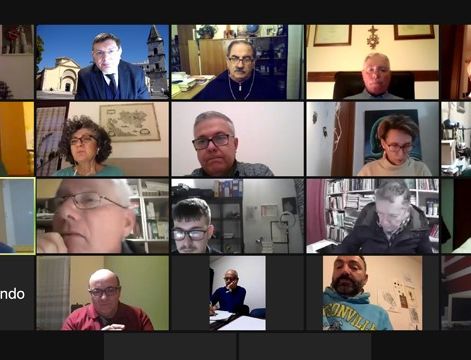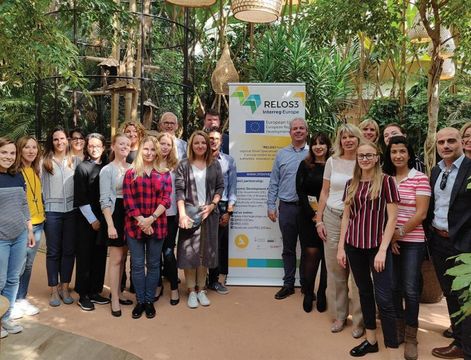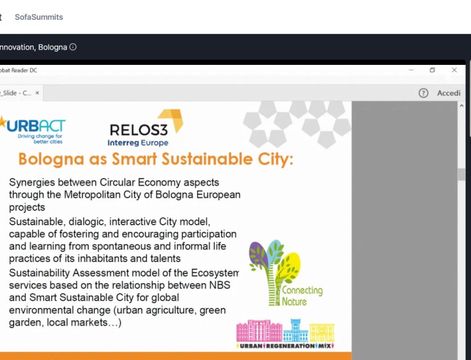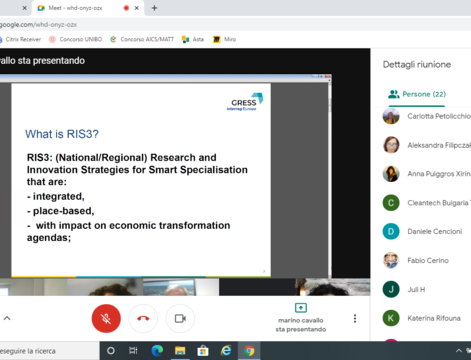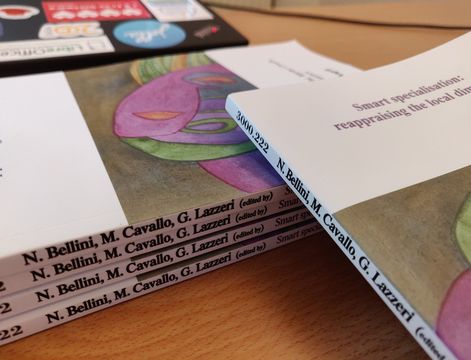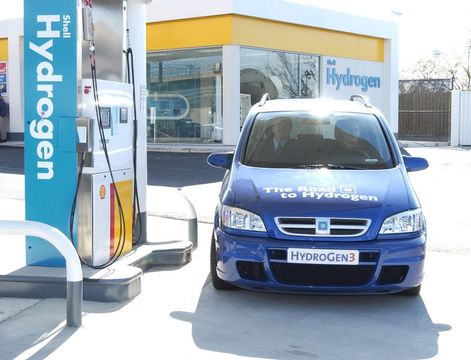The lessons from the past, the challenges ahead. Introducing "Smart specialisation: reappraising the local dimension".
RELOS3 aims to actively involve the local level into the implementation of regional Smart Specialisation Strategies (S3); among other actions, this involvement goes through the dissemination of acquired knowledge by project partners.
During the Technical Workshop held in Groningen in November, the RELOS3 Volume "Smart specialisation: reappraising the local dimension", was presented to the project partners. It is a volume (collection of articles) within the framework of research activities coordinated by the Institute of Management of the Scuola Superiore Sant’Anna. As the responsible partner for research, the Metropolitan City of Bologna coordinated this part of the project.
The publication
Within the overall goal of stimulating the successful deployment of national/regional S3 at the sub-regional level, the volume reappraises the local dimension by providing an overview of the main evidence collected during RELOS3 research activity, reassessing the arguments that support the claim for a greater role of sub-regional governments in the S3 development process.
The volume aims to provide a practical and factual tool to enhance awareness about the opportunities related to the deployment of RIS3 through the inclusion of local innovation actors (public and private) and offer ideas, suggestions and working directions for the development of innovative projects at the territorial level in the partner’s regions. Moreover, it gives the opportunity to appreciate the state of the art in terms of Smart Specialisation Strategy in partner regions and, especially, where these strategies are going.
The volume is articulated in 3 parts:
- Chapter 1 introduces the RIS3 agenda by discussing its economic and political origins and the main innovations when moving from theory to practice.
- Chapter 2 questions opportunities and limits of the role of sub-regional local levels in the S3 design and implementation process across the EU trough contributions of experts (practitioners and researchers) working on the RIS3 approach.
- Chapter 3 presents the main results of the field work conducted as part of the RELOS3 project research activities. 39 European Good Practices are provided, selected through a case study methodology. 12 case studies are discussed more in depth as particularly relevant and inspiring to the research objectives, underlining their added value for the local scale and the main elements of originality.
The full publication is in the RELOS3 Library on the project website at this link.
